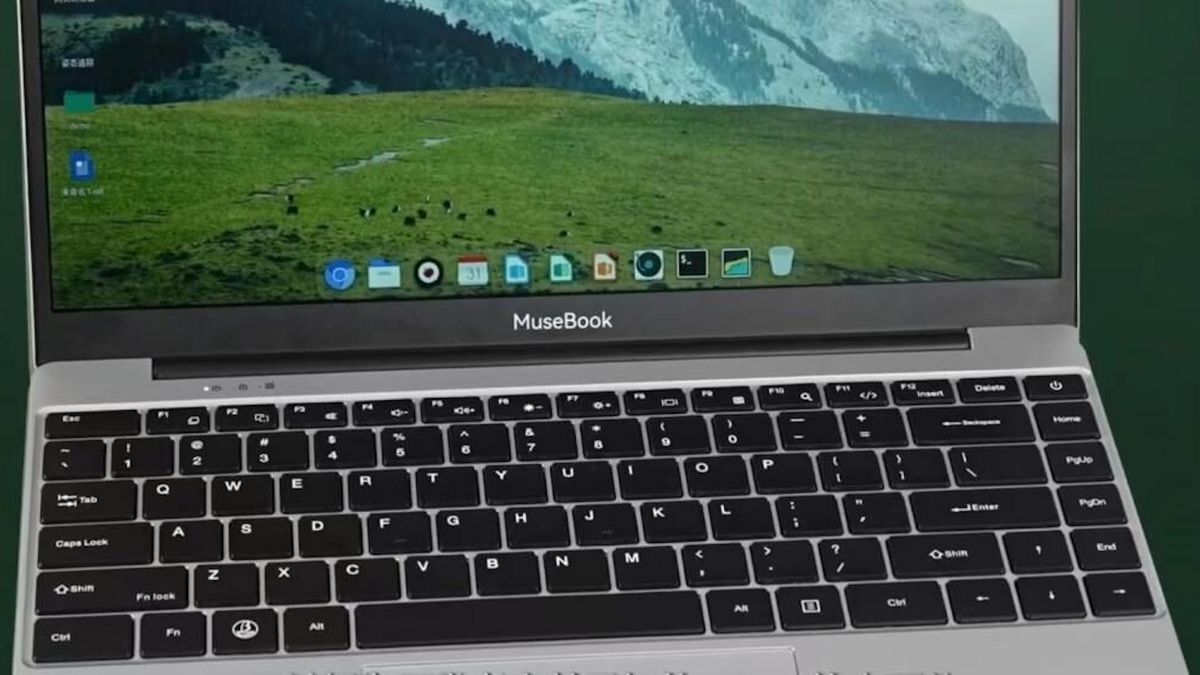You lost me at Chinese startup
Can anyone explain the significance of this? I’m pretty technology-literate, but I am not seeing a big advantage of this over any other Linux machine? Genuinely curious.
This IS a Linux machine. Do you know what a CPU architecture is?
It is a Linux machine. Runs a Debian derivative, and it’s not like Windows or anything else that isn’t Linux/BSD can run on a RISC-V laptop.
This isn’t the first RISC-V laptop, but the significance of a RISC-V laptop existing is primarily for developers who work on software targeting RISC-V systems. The ability to run RV64 programs without emulation and to natively compile RV64 software without cross-compilers is valuable to some people. Also, China in particular sees value in having computing products that aren’t affected by sanctions; the processor in this is designed and manufactured by a Chinese company without licensing any intellectual property from US or UK.
Explaining what RISC-V is
RISC-V is a relatively newer CPU instruction set architecture that competes with x86 (Intel, AMD) and ARM (Qualcomm, Ampere, MediaTek, etc.). Its current designs don’t really match those two in general-purpose performance yet but has the distinction of being a free, open, and extendable standard. Whereas x86 has only two CPU vendors and ARM has many vendors who all need to pay per-core license fees to ARM Holdings and have limits imposed on what they can do to it, RISC-V processors can be made by any hardware vendor with the means to make a processor and can be custom-designed to better fit specialized use-cases. Its use in general-purpose CPUs is catching on fastest in China but it sees use across the world in academia and in special-purpose processors by companies like Western Digital.
“Please allow our machine to upload your development work directly to our servers in Schenzhen.”
Willing to bet money this was posted on hardware that actually does have backdoors to some 3 letter agency in the US, to much more personal consequence than any metaphorical Chinese government spyware
Yeah that’s exactly the thing, people freak out so much about China having access to their data, but act much less concerned when it comes to their own government potentially having access to said data. One of these options has the ability to affect your life if they don’t like your data, and it isn’t China.
(Not to get me wrong, I think no government should have access to one’s data, moreso pointing out the double standard)
Yup agreed.
China, like the US, hasn’t got the means nor the motive to track billions of people abroad; they both have a hard enough time keeping tabs on people domestically despite years of expanding their respective police states.
Of course there’s always the propaganda and soft power stuff but again, every single state is doing this, but the insinuation is that Europe or the anglosphere in general are the only propaganda-free places on Earth!
I wonder if it’s possible to get a post about technology coming out of China without a “hurr durr they r spy!!1” comment. I don’t see the same every time there’s an article on a new Intel processor, for example.
The difference is that the CCP has a lot of control over Chinese companies operations.
In the US, the companies have a lot of control over the US government.
Ok that’s an oversimplification, but it sounded good






